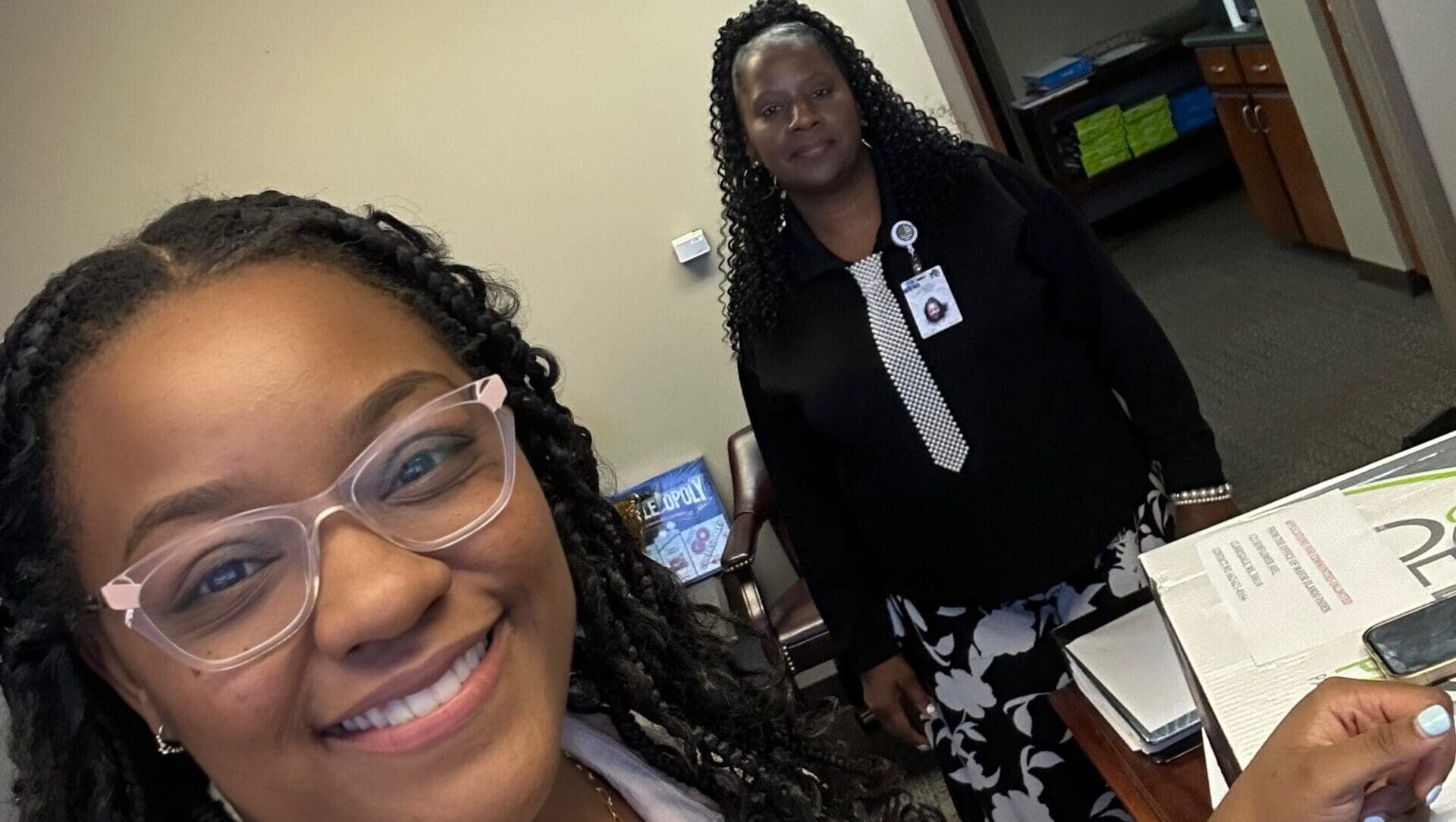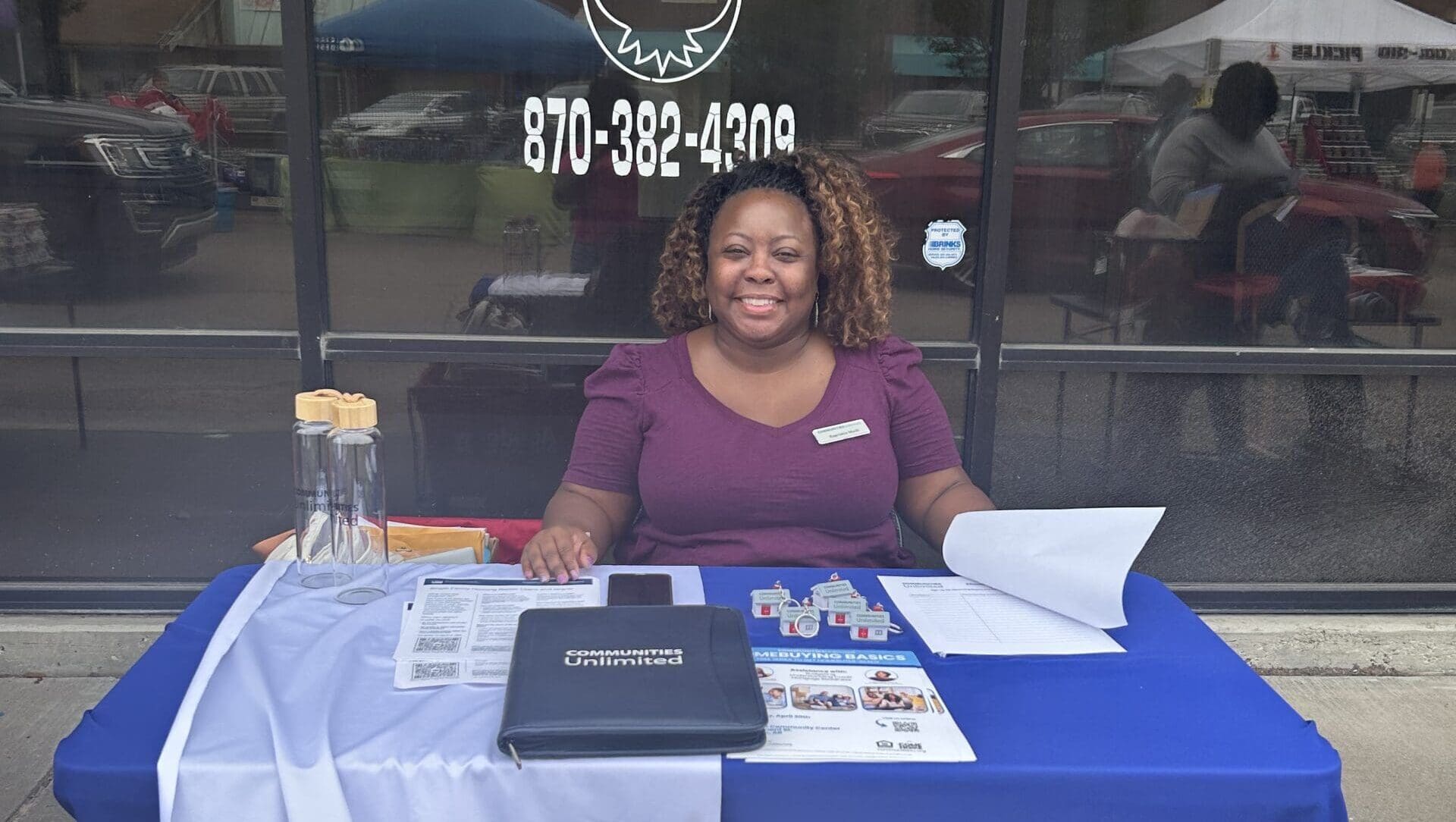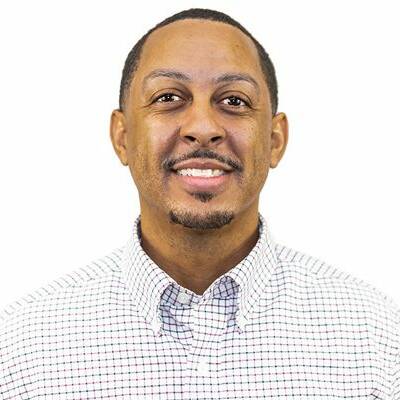On a hot July morning in Belzoni, Mississippi, Clerk Delores Harris opened the doors of City Hall expecting a steady trickle of residents. Instead, she was met with a line that stretched down the block — families clutching paperwork, ready for a chance to repair leaking roofs, unsafe wiring, or collapsing floors in their homes.
By the end of the day, Harris had collected dozens of applications for Communities Unlimited’s (CU) new Healthy Homes Repair Program.
“It was overwhelming,” Harris said. “People were excited because they knew they needed help. Families with children, the elderly, people who had moved out because their homes weren’t livable — this program gave them hope.”
A Wave of Demand
In just 30 days, nearly 2,200 families from four rural counties in Mississippi and Arkansas applied for help. The program, supported by a $2 million U.S. Department of Housing and Urban Development (HUD) Healthy Homes Production Grant, had originally been designed to serve a minimum of 151 homes. The response made one thing clear: the Delta’s housing need is urgent, widespread, and impossible to ignore.
In Humphreys County, CU Senior Community Facilitator Kelle Menogan Jr., who worked alongside the Housing Team to get the word out, admits he underestimated just how deep the need ran.
“Honestly, I expected maybe 75 to 100 applications at most,” he said. “But within the first week, we had around 400. I walked into the library to pick up applications and saw boxes full of them. That’s when it hit me how big this was.”
Building Trust in Coahoma County
For Coahoma County, outreach required more than flyers. CU Community Housing Facilitator Vinetria Johnson had to win over skeptical neighbors. At first, many didn’t believe the program was real.
“They asked, ‘How are you just going to come in and give this to us?’” said Johnson, who is a former Alderwoman for the Town of Friars Point, a small community in Coahoma County. “Gaining trust was key. Being a local made it easier — they knew me, they knew I cared.”
What helped, she added, was pointing people to CU’s website, where they could see real stories and examples that proved the program’s legitimacy and CU’s long-term commitment.
By the close of the application window, Coahoma County alone had submitted over 1,000 applications.

A Community Effort
The flood of applications was only possible because local leaders and residents took ownership of the process. In Humphreys County, librarian Linda Harper personally turned in 401 completed applications during Menogan’s first pickup. She mobilized churches, schools, and even the local radio station to get the word out.
“I worked myself to the bone,” Harper said. “But it means the world. People call me daily asking how soon they’ll be contacted because their homes are in such bad shape — leaky roofs, broken bathrooms, ceilings falling in.”
"Without this program, many homes would be condemned or abandoned.”
In Belzoni, the county seat of Humphreys County, Harris and the city hall staff posted notices at grocery stores and hosted information sessions at the library. In Lula, which is in Coahoma County, Mayor Robert Monroe took a more personal approach — delivering applications door to door.
“Many of our people don’t trust paperwork unless it comes from someone they know,” he said. “I wanted to make sure they got the help they needed.”
Crossing the River into Arkansas
The urgency was just as strong across the state line. In Desha and Jefferson counties, CU COME HOME Regional Manager Kapriskie Mack and Regional Housing Manager Courtney Gibson teamed up to make sure residents knew about Healthy Homes.

Mack identified and set up the distribution and drop-off sites — places like Targeting Our People’s Priorities with Service (TOPPS) and The Generator — while Gibson focused on collecting applications from those sites, scanning, and uploading them for processing. He also hit the ground running in the community, distributing around 500 applications at events like the Simmons Bank Park Grand Opening, Catfish Friday Blues & Soul Night, and the Soul Shop Workshop in Pine Bluff.
“I loved connecting with folks and fueling hope for healthier homes,” Gibson said.
Local partners like the Jefferson County Habitat for Humanity amplified the effort.
“The Healthy Homes Repair Program will provide safe homes and preserve the value of homeownership for our communities,” said Executive Director Angela White Smith.
In Dumas, Linda Weatherford — a local entrepreneur, city council member, and housing taskforce member — praised CU’s “tremendous outreach” with city governments, services, and businesses. The Dumas Housing Taskforce helped spread the word by sharing the Healthy Homes flyer and information on the city’s and their own social media accounts, presenting details at churches and civic group meetings, and working with local media to blanket the county with information.
More Than a Program
The Healthy Homes program is about way more than just a grant or a nonprofit. For families in the Mississippi and Arkansas Delta, it’s survival. Drafty homes that drive up utility bills, aging houses packed with relatives, and health risks from mold and leaks are everyday realities in the Delta.
“People are ready,” Johnson said. “They’re open to any opportunity that helps them maintain their homes and live in healthy, sustainable housing.”
The overwhelming response is both a challenge and a call to action.
“If one county alone can get hundreds of applications, imagine the need across the entire Delta. This is exactly what CU is about — boots on the ground, listening to communities, and bringing resources where they’re needed most. It’s like a one-stop shop for communities. The strategic blending of resources and partnerships makes a huge impact.”

— Kelle Menogan Jr., CU Senior Community Facilitator
A Signal From the Delta
The Healthy Homes Repair Program will only reach a fraction of the families who applied. Yet the message is unmistakable. There is a dire need to make homes livable again.
"A Healthy Home is like having the breath to live — that’s how much we need it."
— Robert Monroe, Mayor of Lula
And knowing the need is within reach even for just 151 homes gives residents something they’ve long been missing — a sense of hope.
“It tells people someone cares,” Harper said. “It tells them things can get better. And that hope is everything.”

